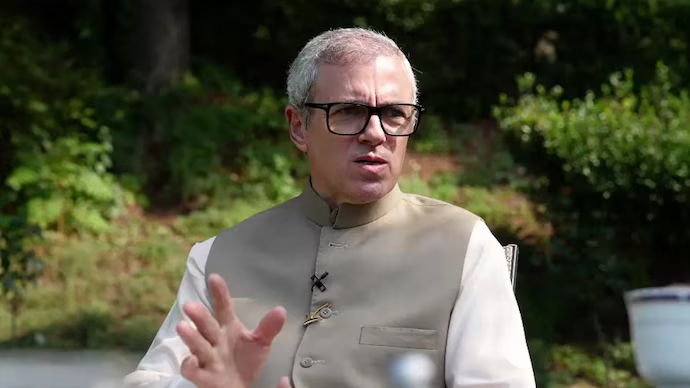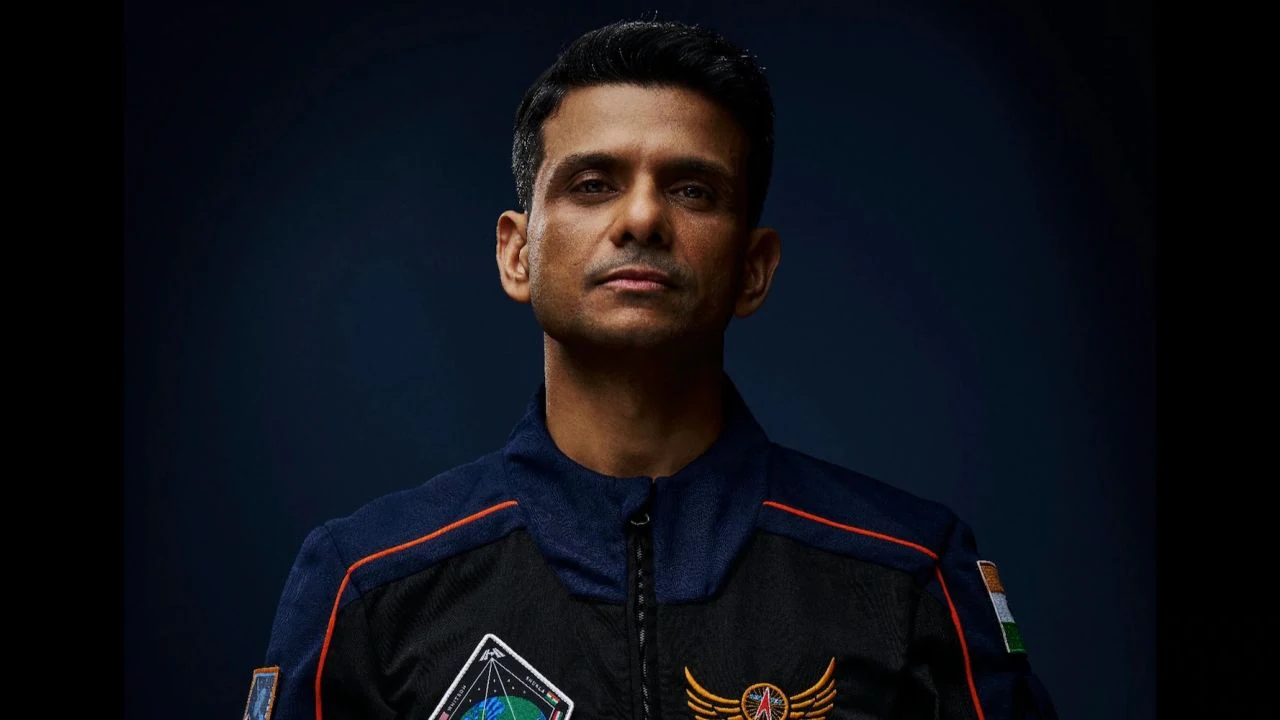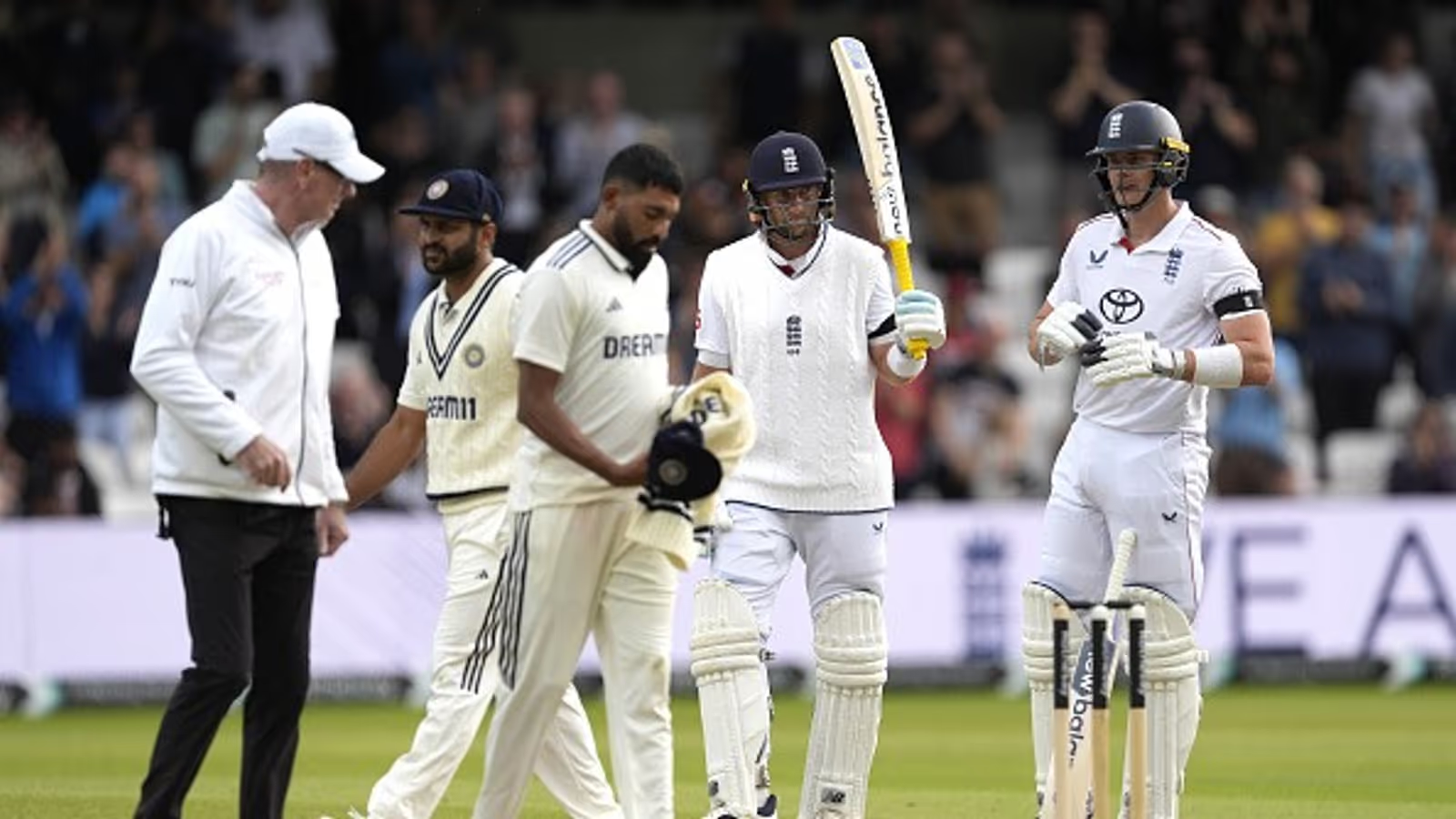Now Reading: ‘Let Them Do It’: Omar Abdullah Says He’ll Quit as CM if Statehood Returns to Jammu & Kashmir
-
01
‘Let Them Do It’: Omar Abdullah Says He’ll Quit as CM if Statehood Returns to Jammu & Kashmir
‘Let Them Do It’: Omar Abdullah Says He’ll Quit as CM if Statehood Returns to Jammu & Kashmir

Jammu and Kashmir Chief Minister Omar Abdullah has offered to step aside—and even face fresh elections—if New Delhi restores full statehood to the Union Territory. Speaking in Gulmarg on 24 June, Abdullah called statehood a “right of the people,” insisting he will not allow planted stories or political threats to deter the demand. His challenge pushes the debate over Jammu & Kashmir’s status back to the national centre stage.
Abdullah Throws Down the Gauntlet
Addressing reporters, Abdullah said he was unfazed by speculation that the Legislative Assembly might be dissolved once statehood is granted.
He asserted that National Conference MLAs would themselves recommend dissolution the very next day, proving they value democratic legitimacy over personal power.
By framing the issue as people-centric, he sought to counter claims that politicians want statehood only to protect their own seats.
Why Statehood Matters
J&K lost its statehood in August 2019 when Article 370 was abrogated and the region was reorganised into two Union Territories.
Statehood would restore a locally accountable police cadre, greater control over land laws and direct fiscal powers—key demands from business chambers and civil-society groups in towns like Baramulla, Anantnag and Kathua.
Abdullah argues that without these powers, development projects and investment pledges risk remaining on paper.
Reactions from Delhi and Srinagar
The Union government has repeatedly said statehood will follow “at an appropriate time,” linking it to security benchmarks.
BJP leaders in Jammu welcomed Abdullah’s willingness to face elections, but questioned whether his party is ready for a post-370 political reality.
In Srinagar, Peoples Democratic Party leaders cautiously supported the call, urging a clear timeline from the Centre rather than open-ended assurances.
Tier-2 Voices: Hope and Skepticism
In Tier-2 Indian cities with strong ties to Kashmir—such as Ludhiana’s shawl traders, Kanpur’s leather exporters and Nagpur’s dry-fruit wholesalers—business owners believe statehood could revive cross-regional trade disrupted since 2019.
Students from Jammu colleges say more autonomous governance could expand scholarship schemes and job fairs locally, reducing the need to migrate to metros.
However, some residents in Udhampur and Kulgam fear that hasty polls could inflame tensions if security measures are lifted too quickly.
The Road Ahead
Political observers note that Abdullah’s public dare increases pressure on the Centre before the Monsoon Session of Parliament, where opposition parties are likely to raise the statehood timeline.
Election Commission officials have begun preliminary constituency reviews, but formal notification depends on a legislative decision in Delhi.
Security analysts caution that any roadmap must balance local aspirations with ground-level stability to avoid a relapse into unrest.
Conclusion
Omar Abdullah’s pledge to vacate the Chief Minister’s chair puts moral weight behind Jammu & Kashmir’s quest for restored statehood. By promising to risk his own tenure, he transforms the debate from party politics to people’s rights. Whether New Delhi seizes the moment or waits for calmer waters, the spotlight now rests on how India will reconcile constitutional commitments with on-the-ground realities—especially for citizens in the Valley and beyond who view statehood as the next step toward normalcy.

























